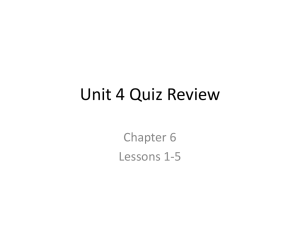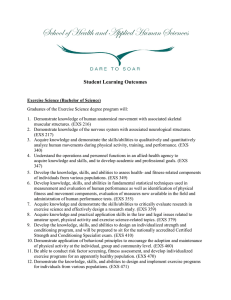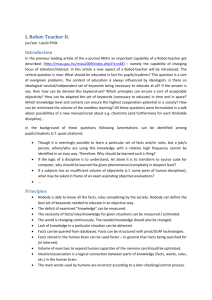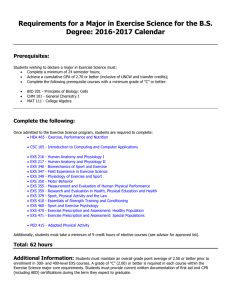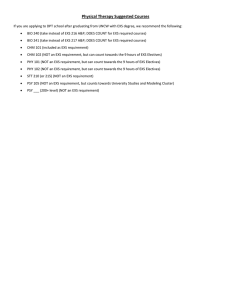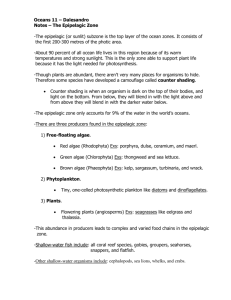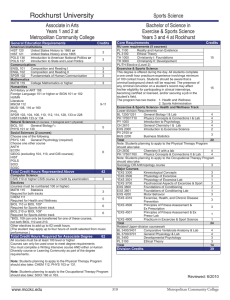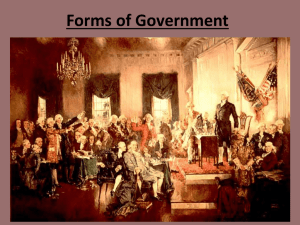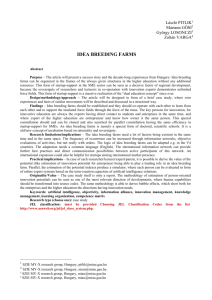„Futures Generation for Future Generations”
advertisement
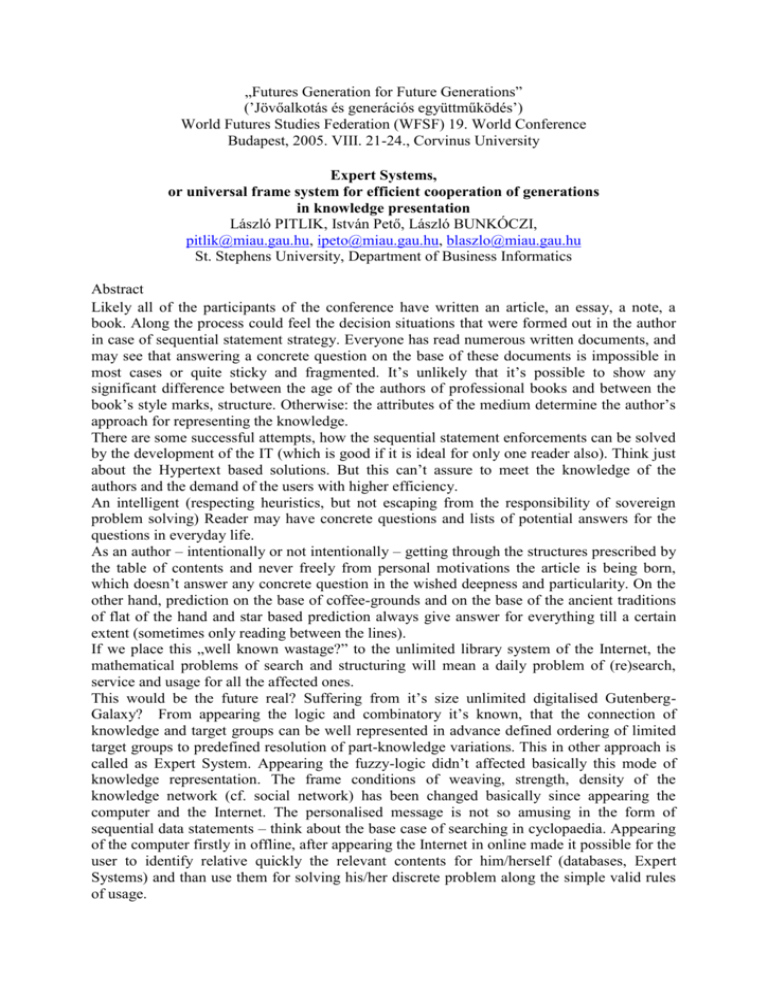
„Futures Generation for Future Generations” (’Jövőalkotás és generációs együttműködés’) World Futures Studies Federation (WFSF) 19. World Conference Budapest, 2005. VIII. 21-24., Corvinus University Expert Systems, or universal frame system for efficient cooperation of generations in knowledge presentation László PITLIK, István Pető, László BUNKÓCZI, pitlik@miau.gau.hu, ipeto@miau.gau.hu, blaszlo@miau.gau.hu St. Stephens University, Department of Business Informatics Abstract Likely all of the participants of the conference have written an article, an essay, a note, a book. Along the process could feel the decision situations that were formed out in the author in case of sequential statement strategy. Everyone has read numerous written documents, and may see that answering a concrete question on the base of these documents is impossible in most cases or quite sticky and fragmented. It’s unlikely that it’s possible to show any significant difference between the age of the authors of professional books and between the book’s style marks, structure. Otherwise: the attributes of the medium determine the author’s approach for representing the knowledge. There are some successful attempts, how the sequential statement enforcements can be solved by the development of the IT (which is good if it is ideal for only one reader also). Think just about the Hypertext based solutions. But this can’t assure to meet the knowledge of the authors and the demand of the users with higher efficiency. An intelligent (respecting heuristics, but not escaping from the responsibility of sovereign problem solving) Reader may have concrete questions and lists of potential answers for the questions in everyday life. As an author – intentionally or not intentionally – getting through the structures prescribed by the table of contents and never freely from personal motivations the article is being born, which doesn’t answer any concrete question in the wished deepness and particularity. On the other hand, prediction on the base of coffee-grounds and on the base of the ancient traditions of flat of the hand and star based prediction always give answer for everything till a certain extent (sometimes only reading between the lines). If we place this „well known wastage?” to the unlimited library system of the Internet, the mathematical problems of search and structuring will mean a daily problem of (re)search, service and usage for all the affected ones. This would be the future real? Suffering from it’s size unlimited digitalised GutenbergGalaxy? From appearing the logic and combinatory it’s known, that the connection of knowledge and target groups can be well represented in advance defined ordering of limited target groups to predefined resolution of part-knowledge variations. This in other approach is called as Expert System. Appearing the fuzzy-logic didn’t affected basically this mode of knowledge representation. The frame conditions of weaving, strength, density of the knowledge network (cf. social network) has been changed basically since appearing the computer and the Internet. The personalised message is not so amusing in the form of sequential data statements – think about the base case of searching in cyclopaedia. Appearing of the computer firstly in offline, after appearing the Internet in online made it possible for the user to identify relative quickly the relevant contents for him/herself (databases, Expert Systems) and than use them for solving his/her discrete problem along the simple valid rules of usage. After this long introduction, the question is raised: what kind of connection may be between Expert Systems and the communication between generations? The primary answer for the question is given by the methodology of manually development of expert systems. In the frames of this experienced (or with great feasibility someone from the older generation) experts knowledge coded in their heads has to be converted to the language of nowadays computers with the help of (younger – by experience) generations practised in IT and in Mathematics. In the frames of this lecture, the authors are looking for the answer for the following questions, but not in the form of an Expert System – not yet (EXS in brackets with the option for Expert system): In what kind of life situation, problems are suggested the sequential type statement or the Expert System type knowledge representation? (EXS) The experience type expert can be categorized to which categories? (EXS) What kind of Expert System Development strategies shall be utilised depending on the types of experience type experts and other specifics of the supportable problem? (EXS) What kind of user types can be identified in the case of Expert Systems? (EXS) What shall be made in the case of opinion difference of experience type experts? (EXS) What kind of interactions can be formed between the experience type experts and Expert Systems made with induction? Whether the fundamental analysis can operationalised? How can be an Expert system made from books, from written fragments?
